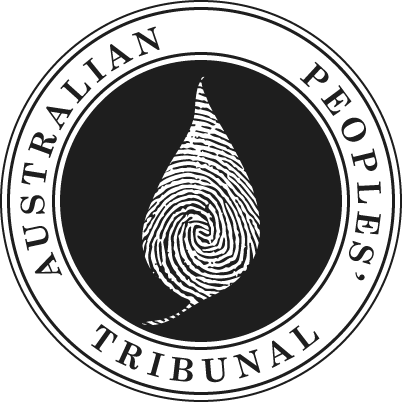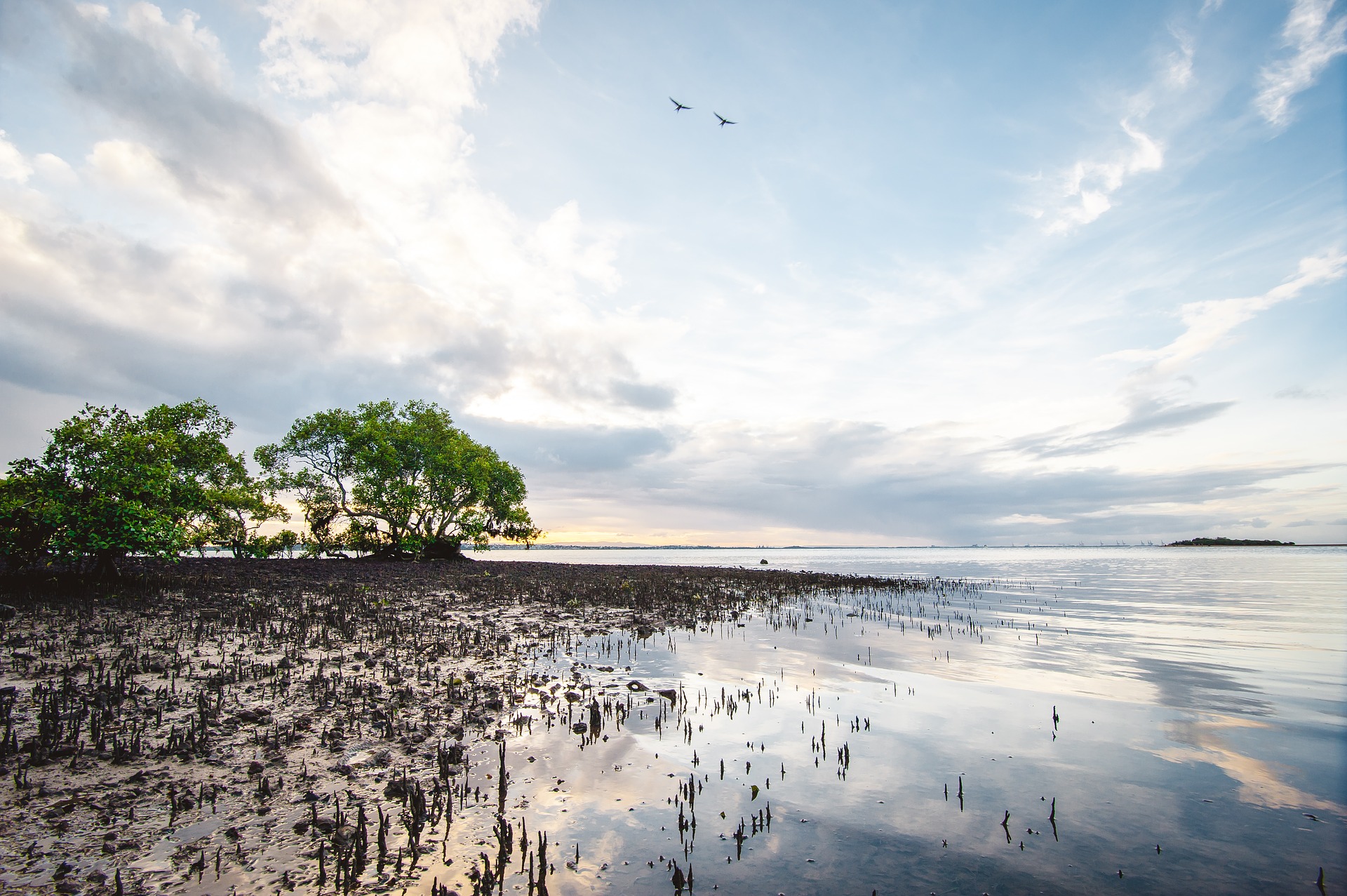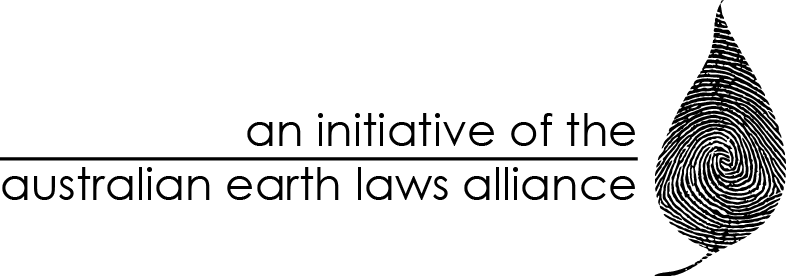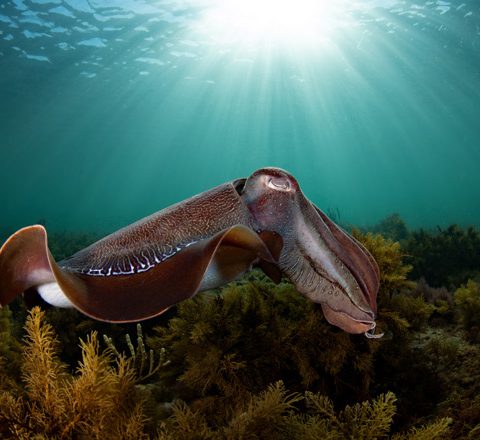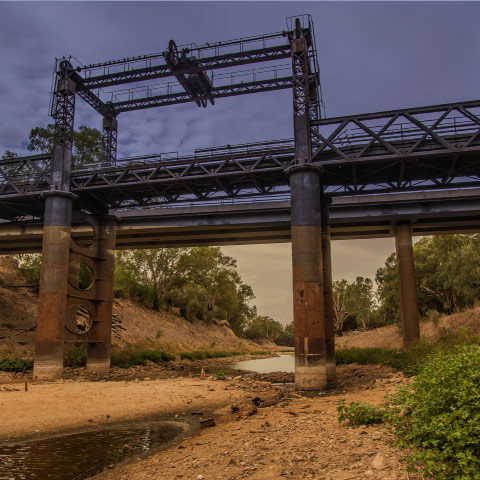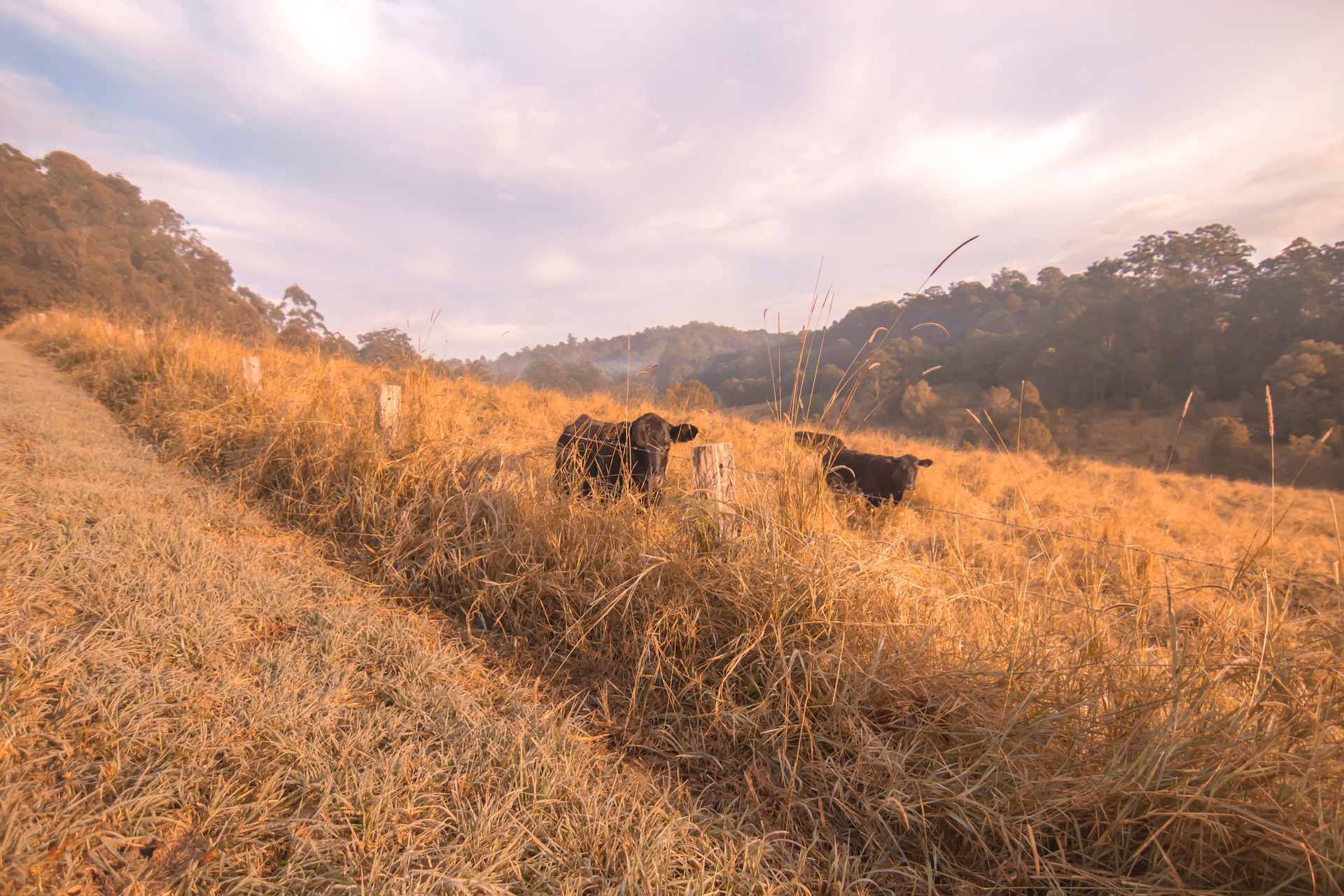The Australian Peoples’ Tribunal (APT) for Community and Nature’s Rights is a unique forum for ecological and social justice in Australia. It has been created to enable people to share their concerns about the destruction of the environment, articulate their vision for ecological justice and law reform, and work collectively to develop their ideas for building an Earth centred society.
The Tribunal holds Public Inquiries and hears Ecological Justice Cases, brought on behalf of flora, fauna, ecosystems, bioregions and local communities around Australia. As a ‘citizen’s tribunal’ the Australian Peoples’ Tribunal is not a government endorsed activity nor do any of its activities, decisions or recommendations have the force of government-sanctioned law. A Tribunal Panel made up of First Nations Peoples, lawyers, community representatives and eminent scientists, hear Inquiries and Cases, and make recommendations for restorative justice, innovative law reform and socio-political reforms that will Care for Country and protect the Rights of Nature.
The Tribunal is a response to the failings of the current legal system to protect the natural world. Despite some excellent initiatives in environmental law, Australia’s legal, economic and political system is geared to support unsustainable, human centred development and limitless growth, which destroys the living world that we’re all part of, and which we depend upon. There are very few serious alternative approaches to creating a new, Earth centred system of law and governance in Australia, and the Tribunal has been created to support communities who want to work together to build a different, Earth centred law and governance system for Australia.
The 2018 Australian Peoples’ Tribunal
The 2018 Tribunal is focusing on food systems in Australia. Interested people are invited to make submissions to the Tribunal, providing evidence about the impacts of industrial scale agriculture and livestock production on their local bioregions – including the destruction of forests and native vegetation, biodiversity, soils and water – and to share their solutions about how to create a sustainable food production and distribution system in their bioregion, or wider community.
The Tribunal is particularly interested in hearing about solutions that support and restore biodiversity, soil and water systems, which embrace compassionate farming practices and support indigenous knowledge systems and ongoing cultural practices.
